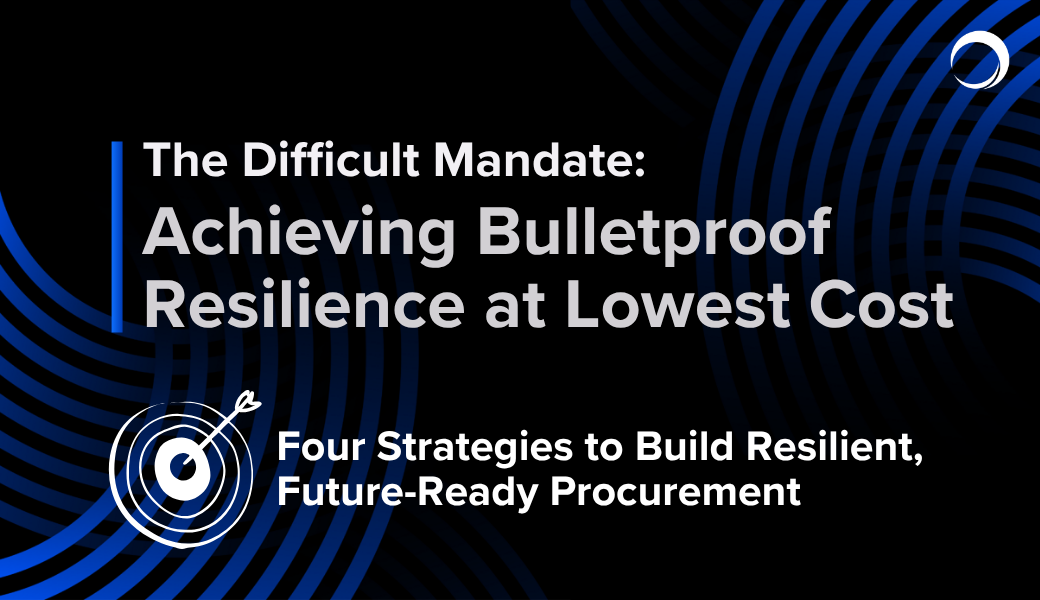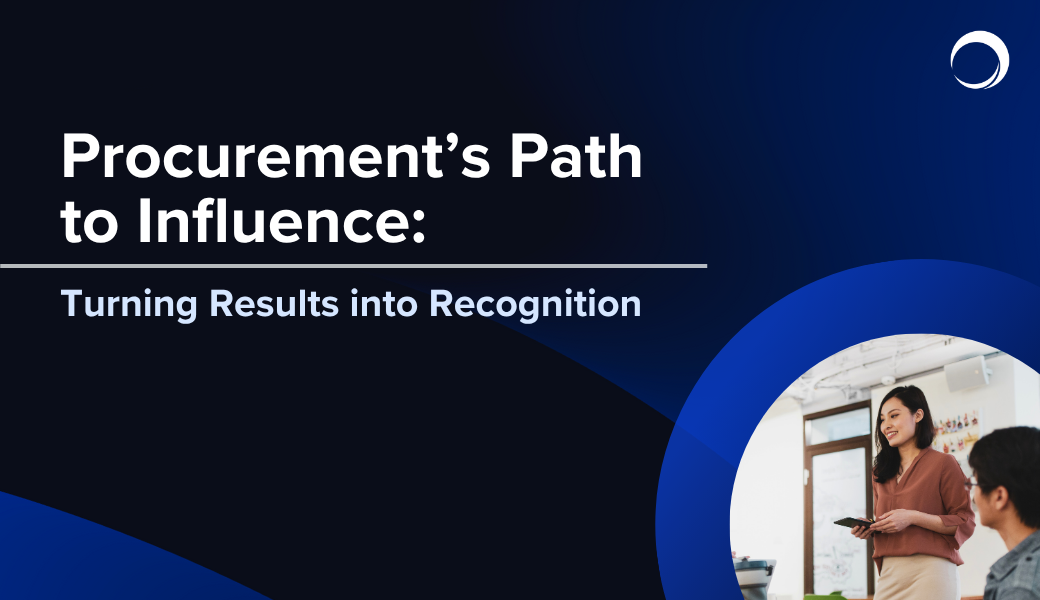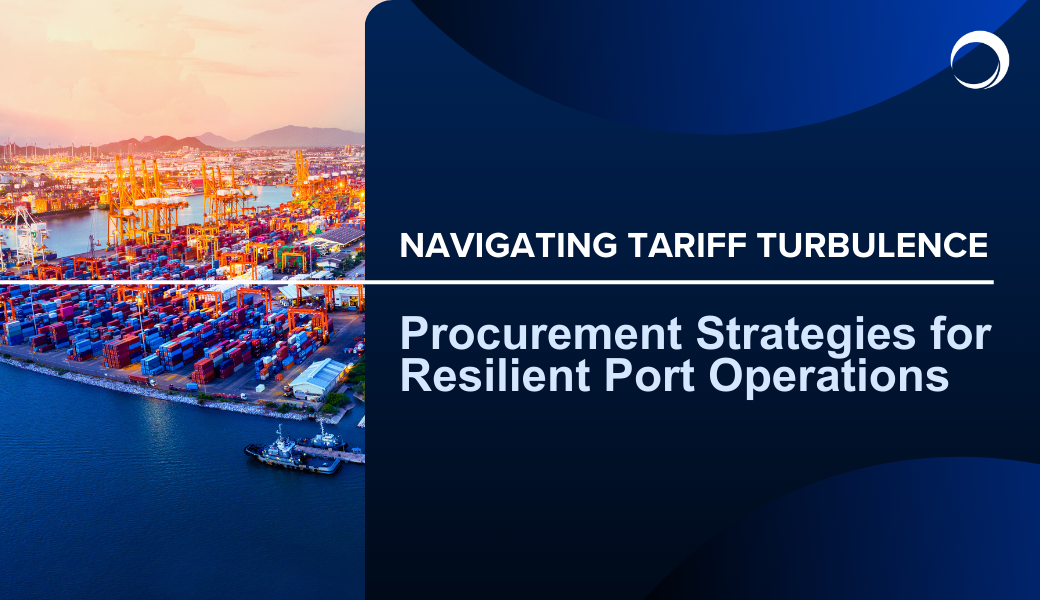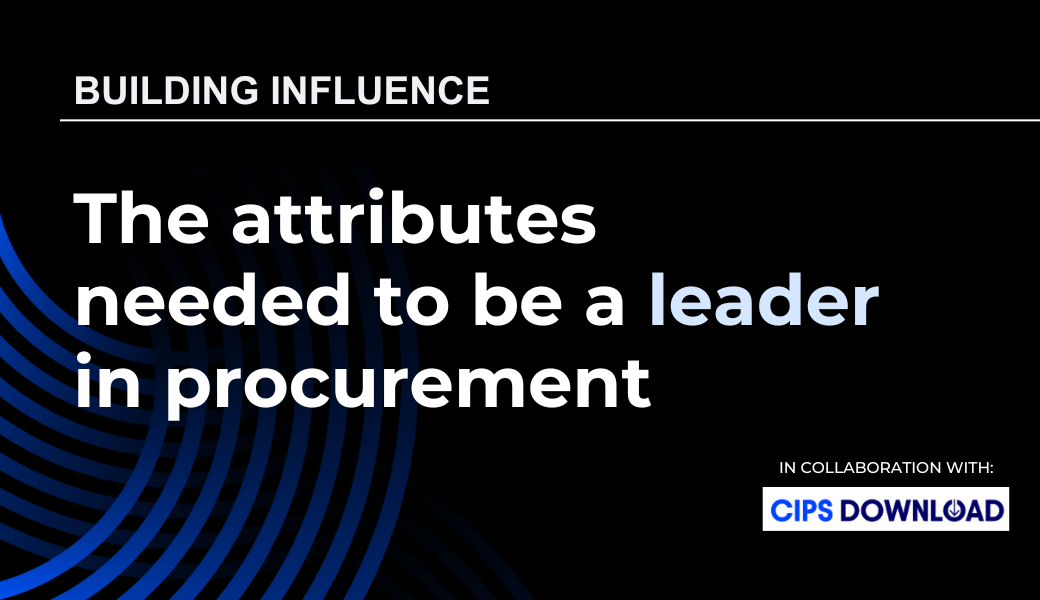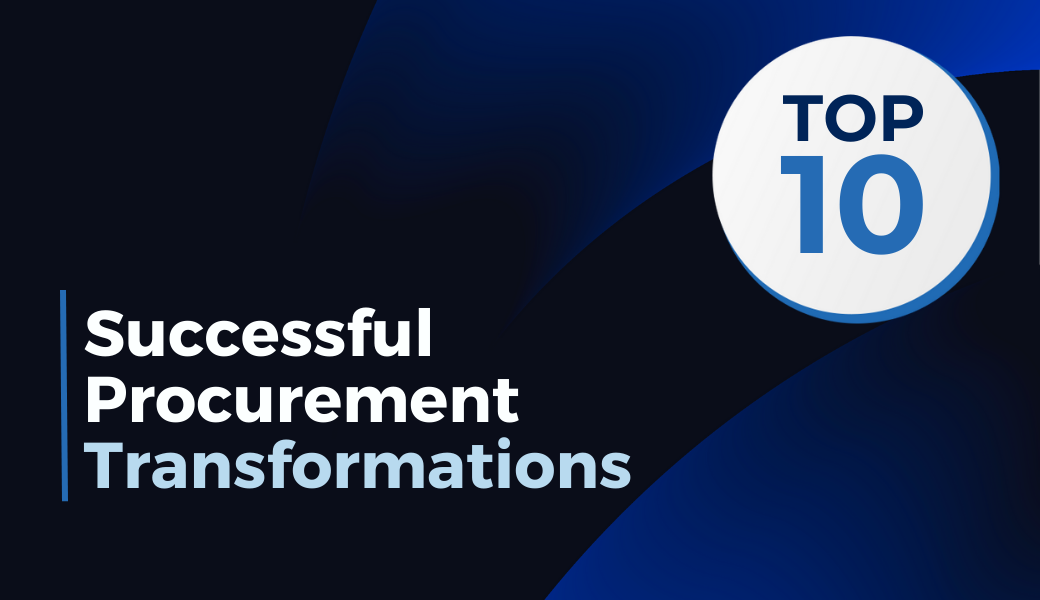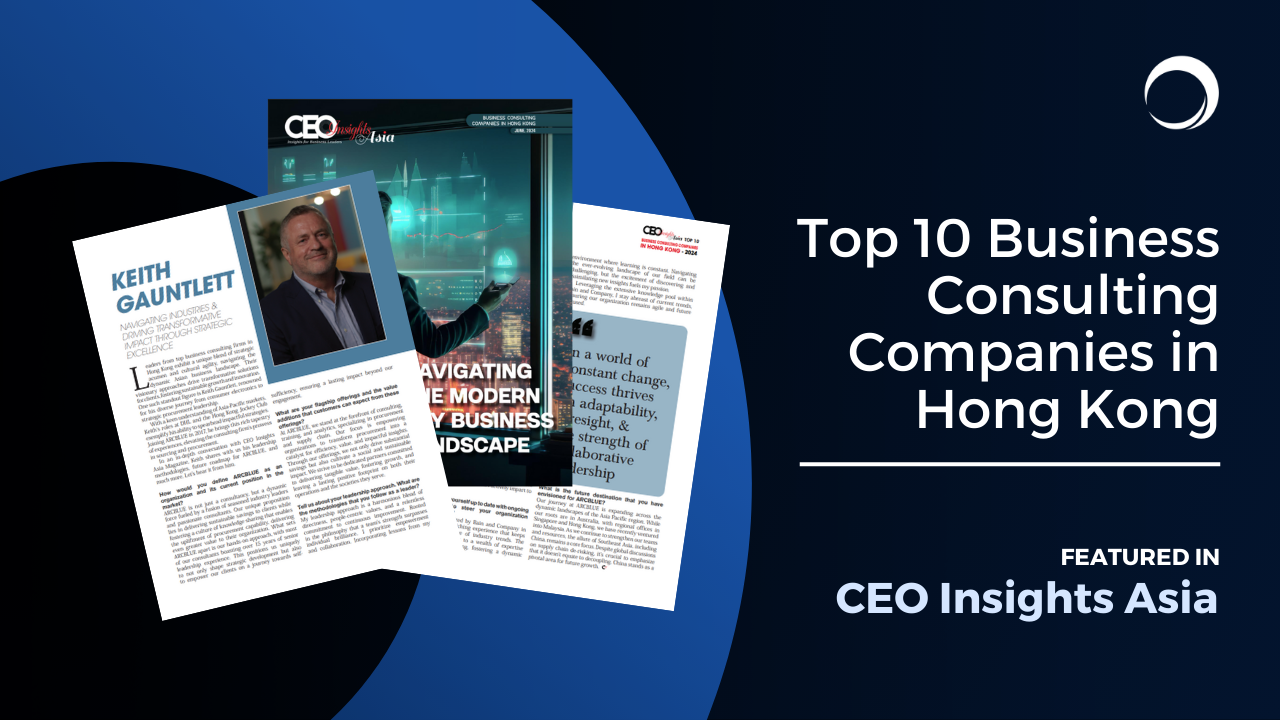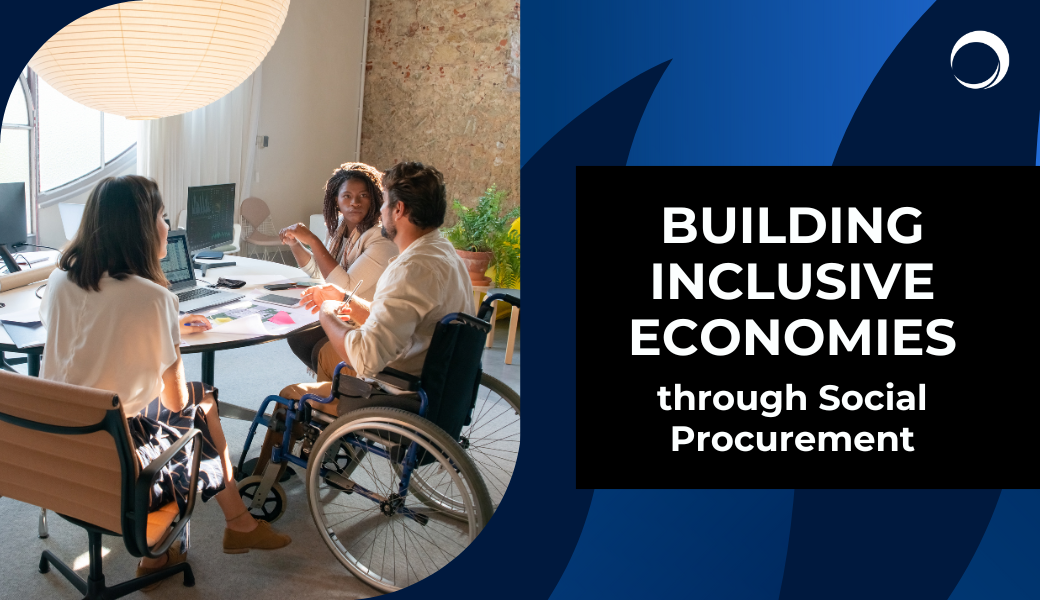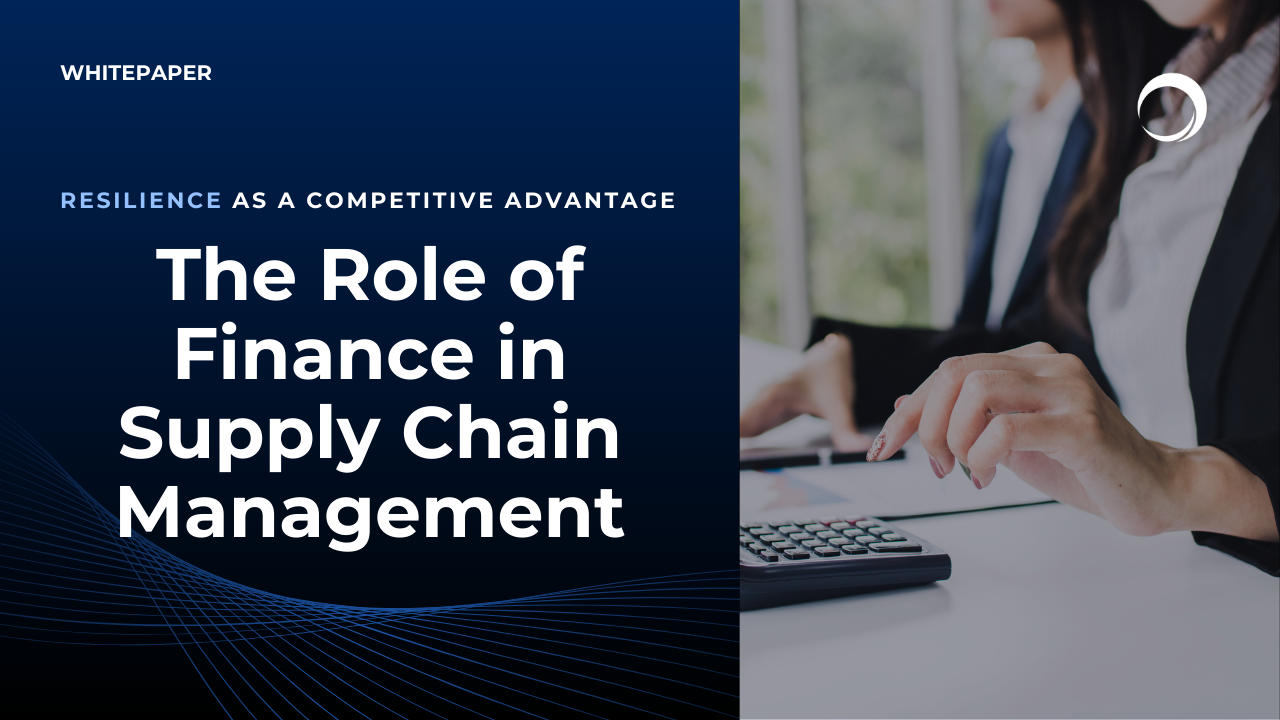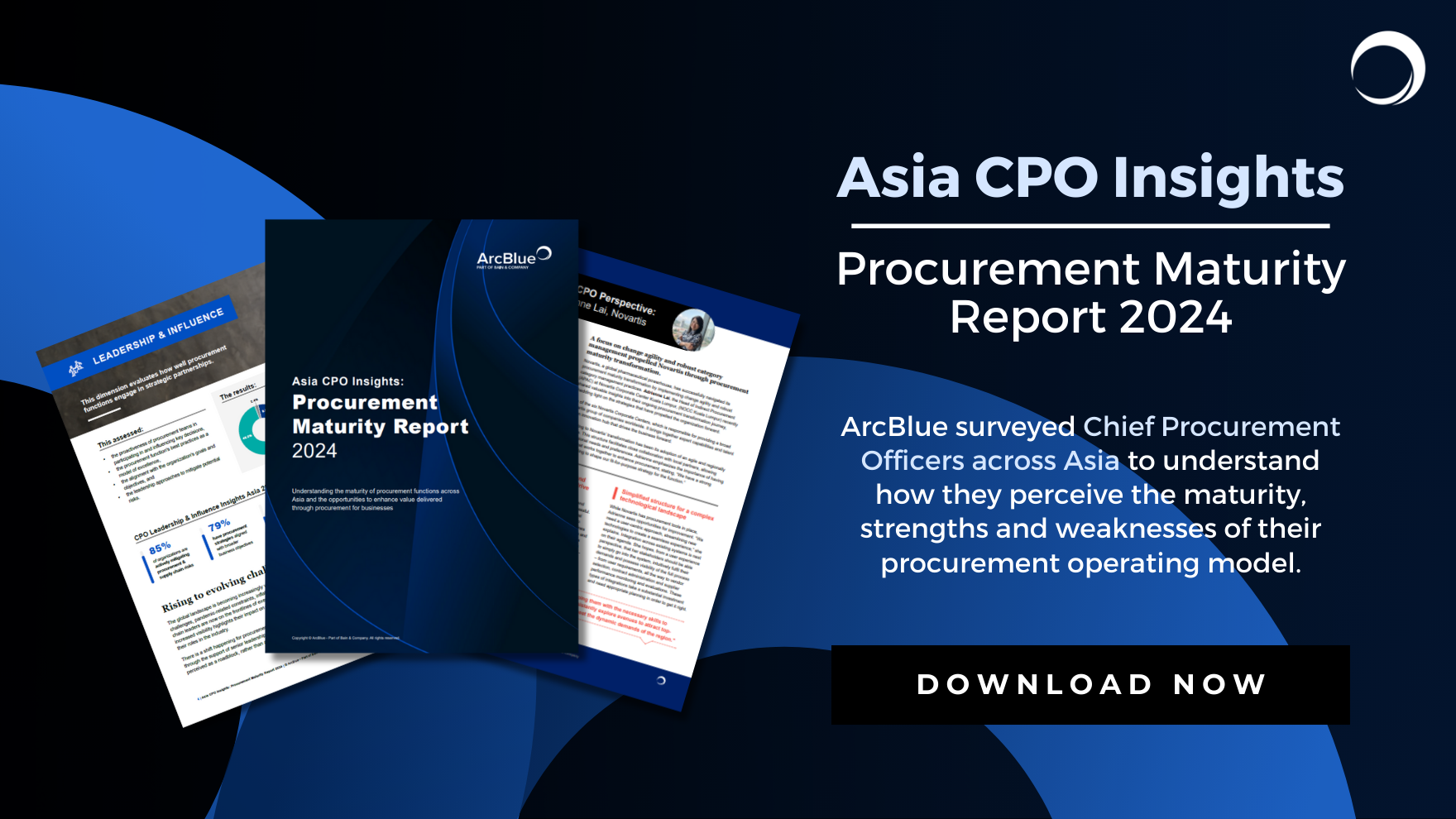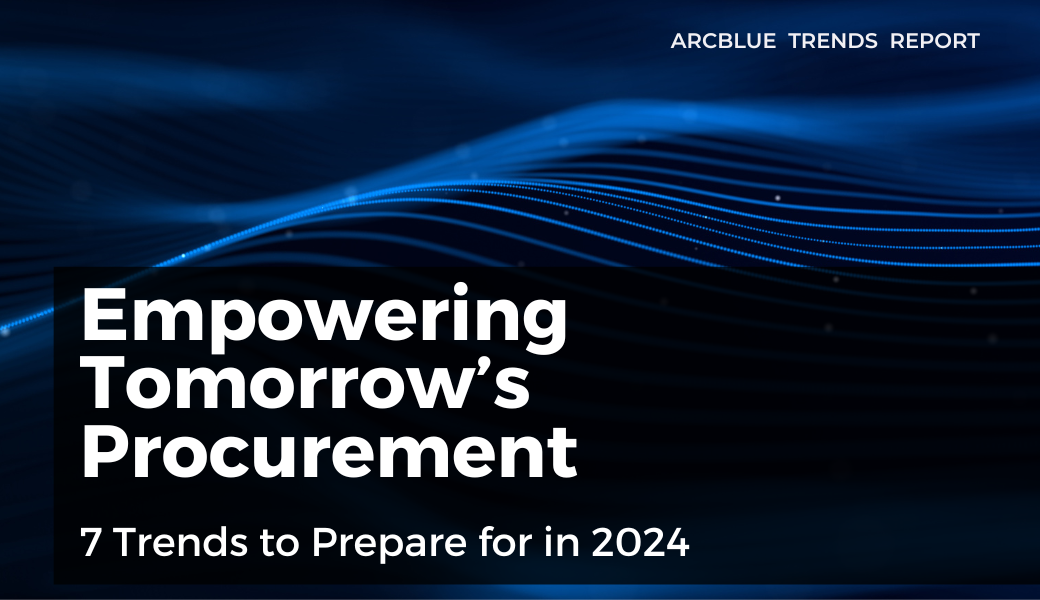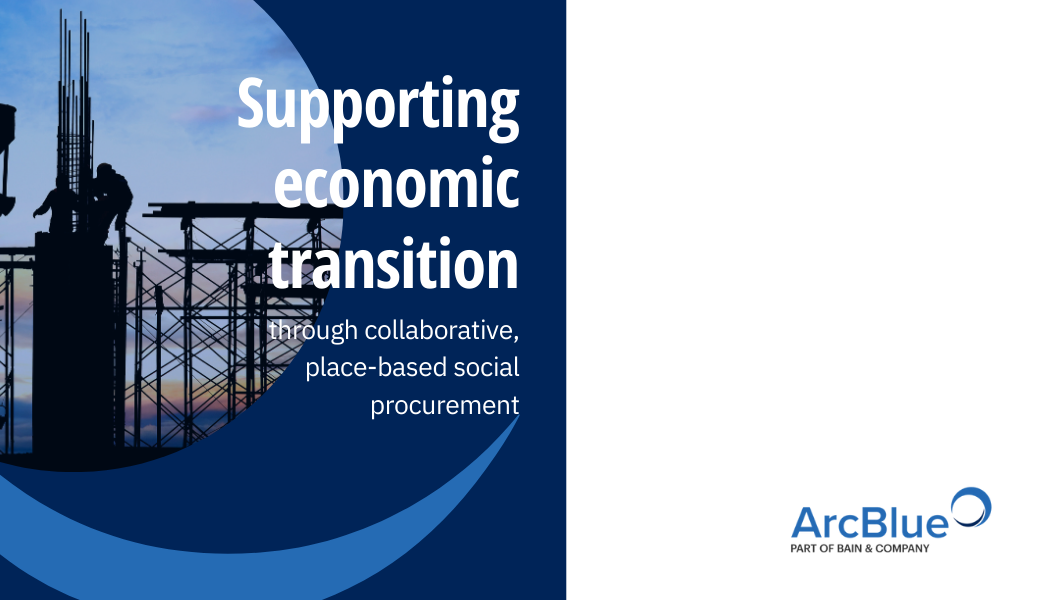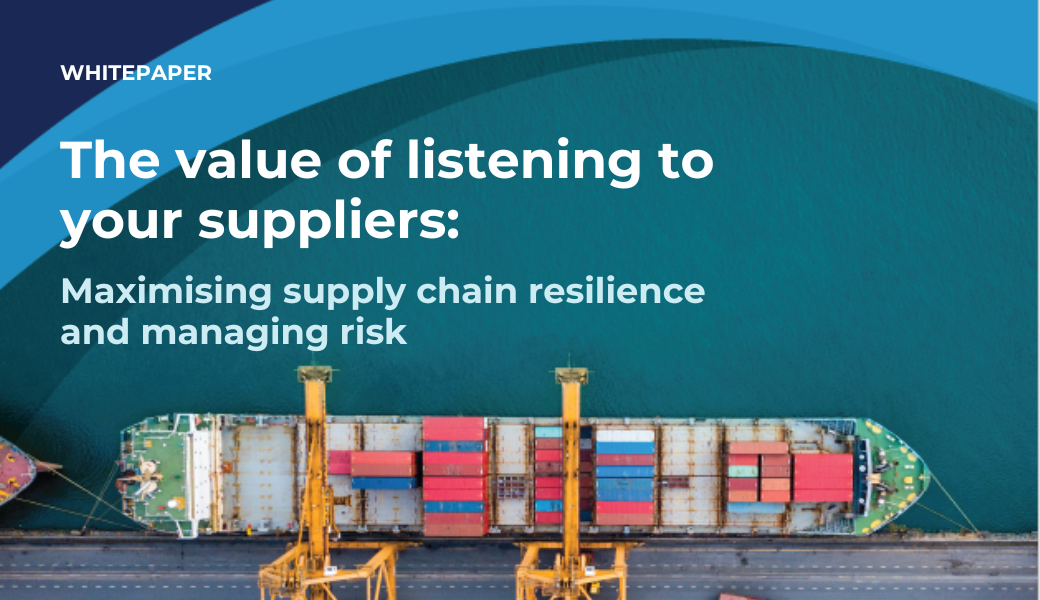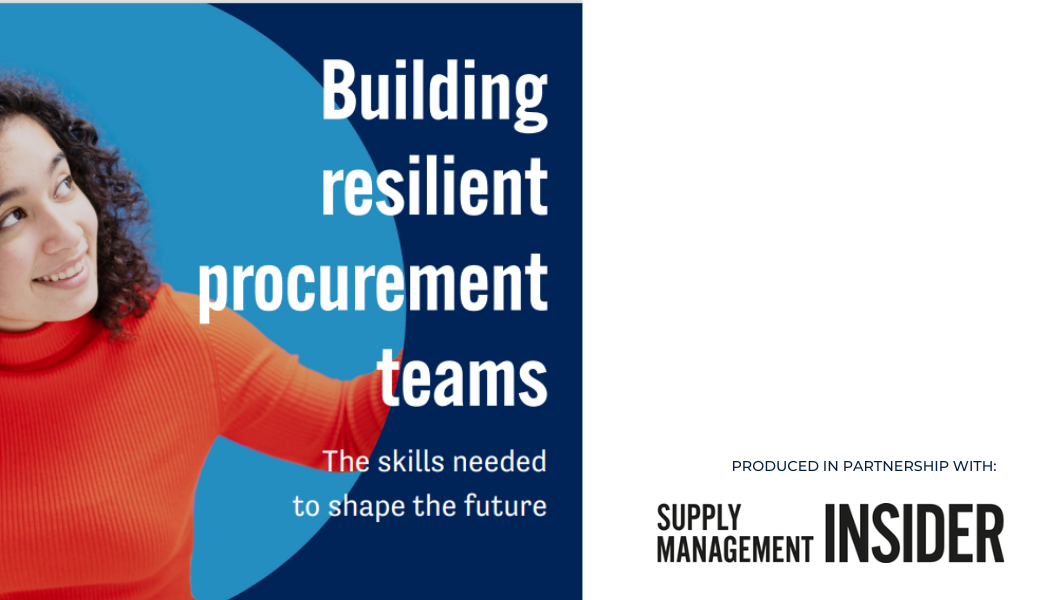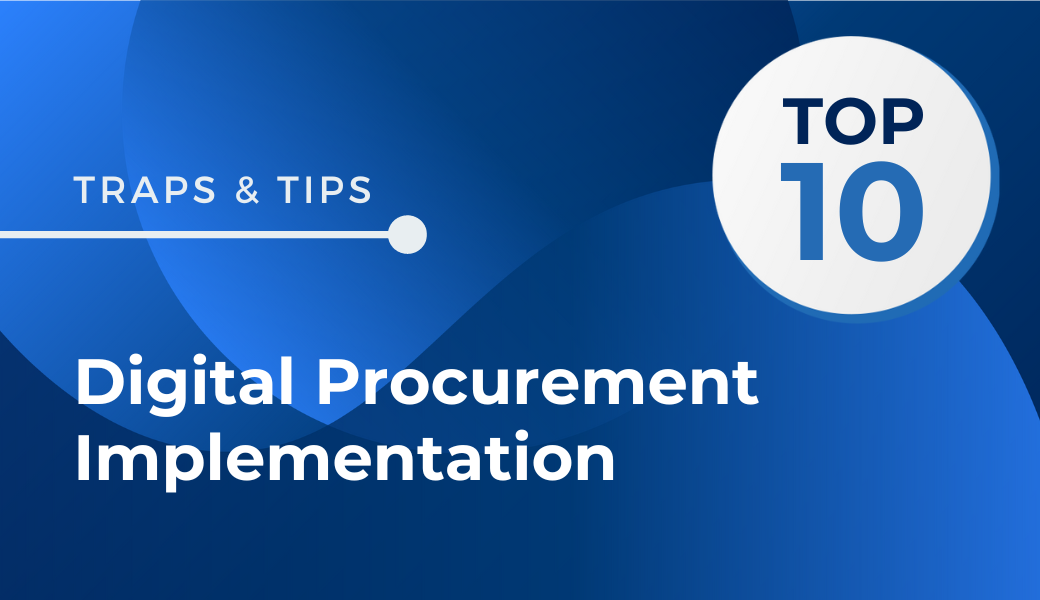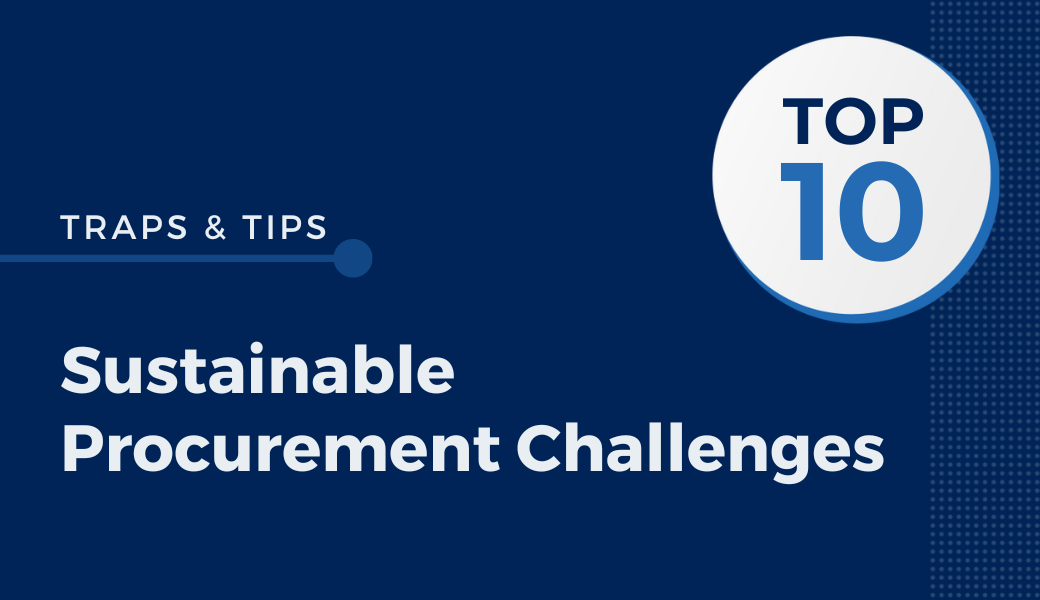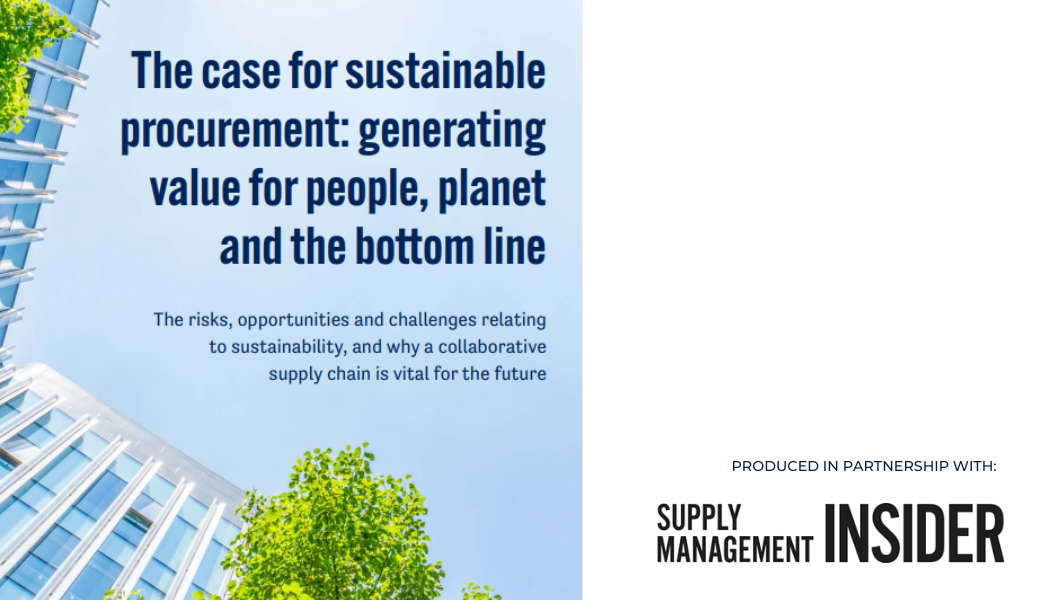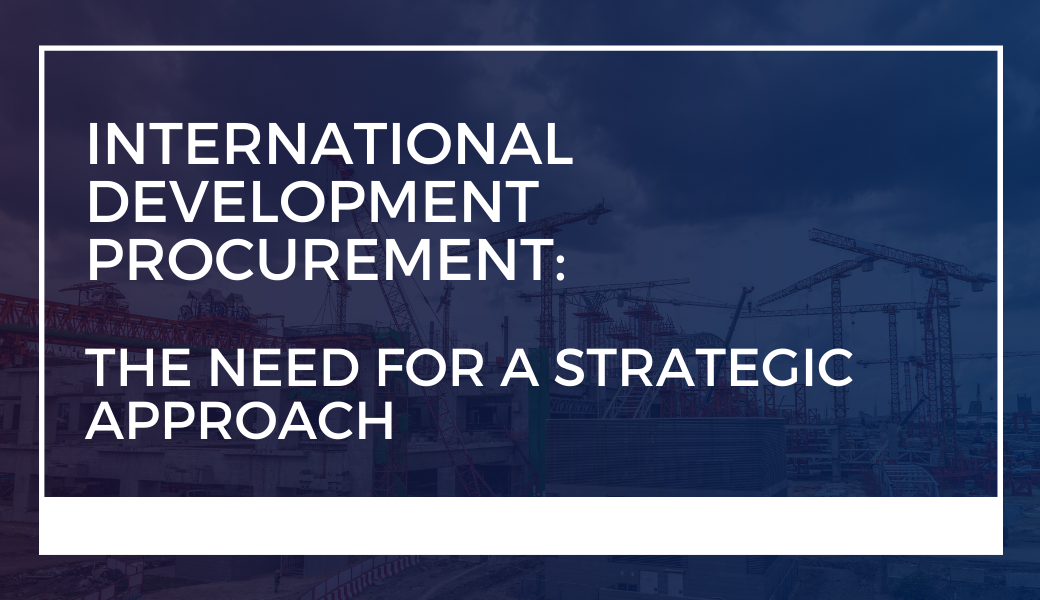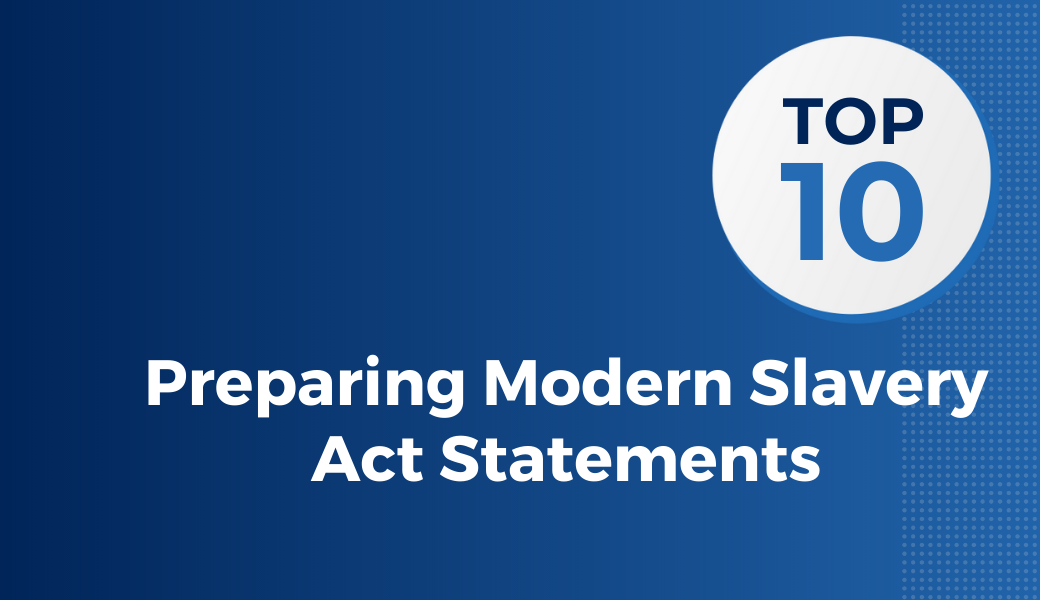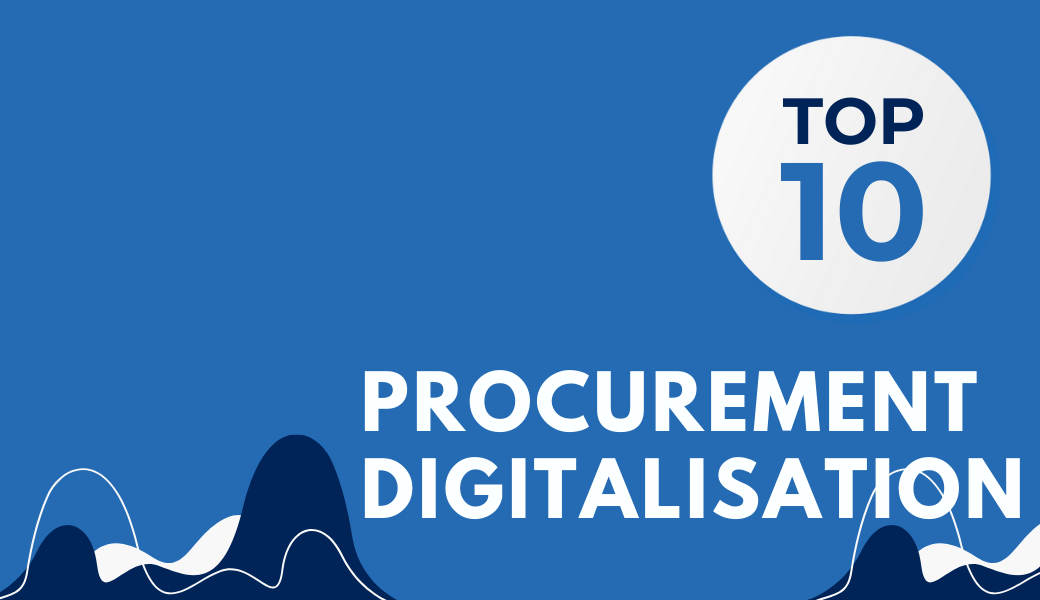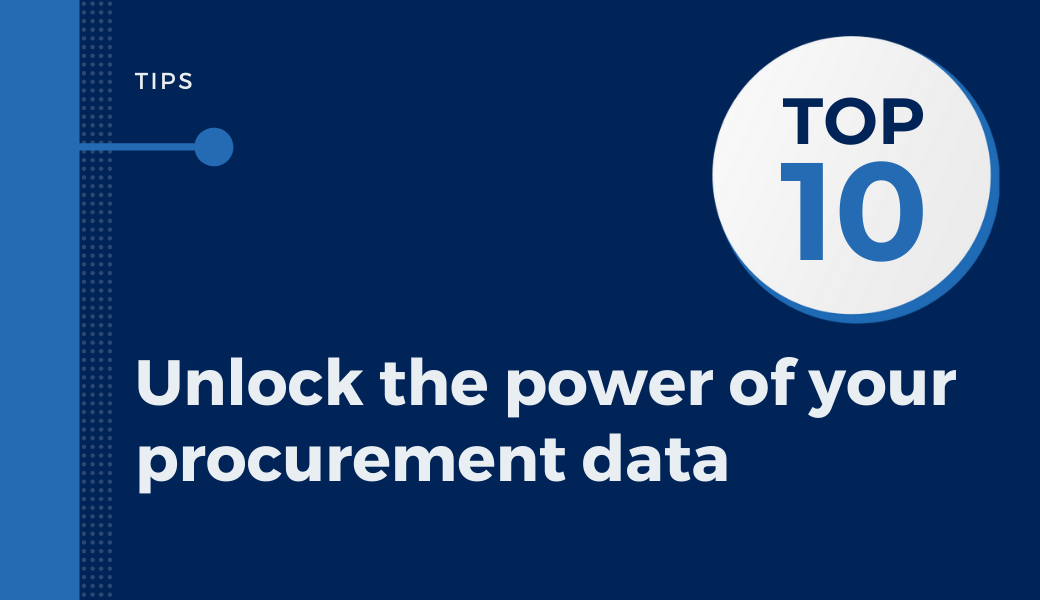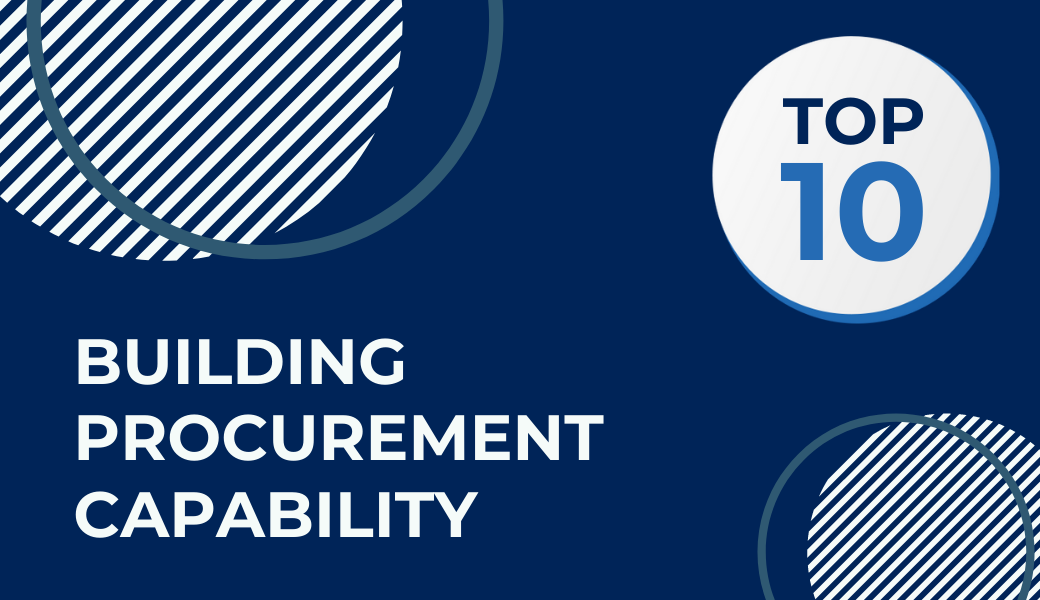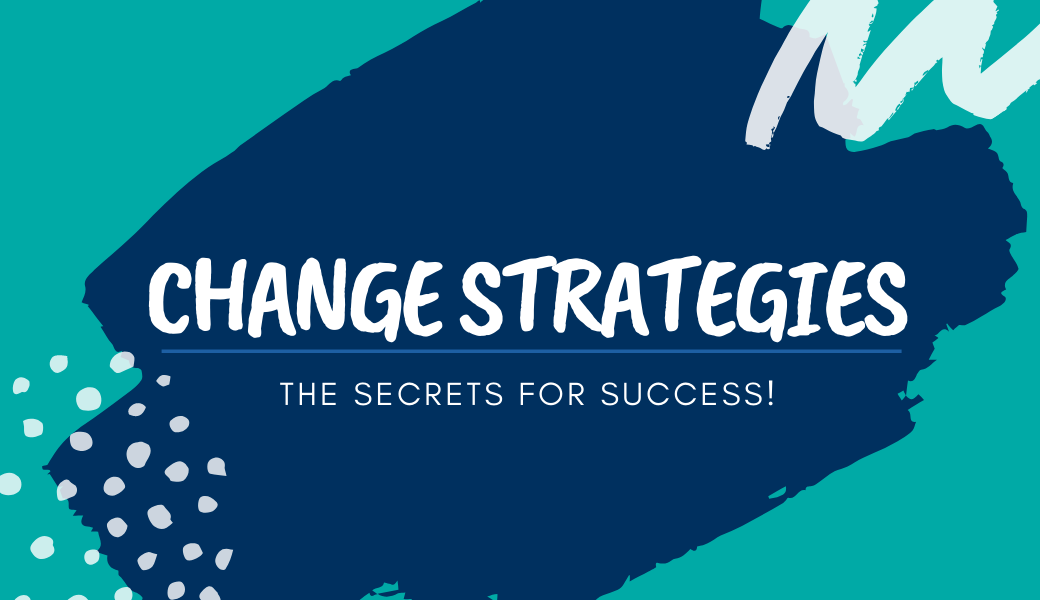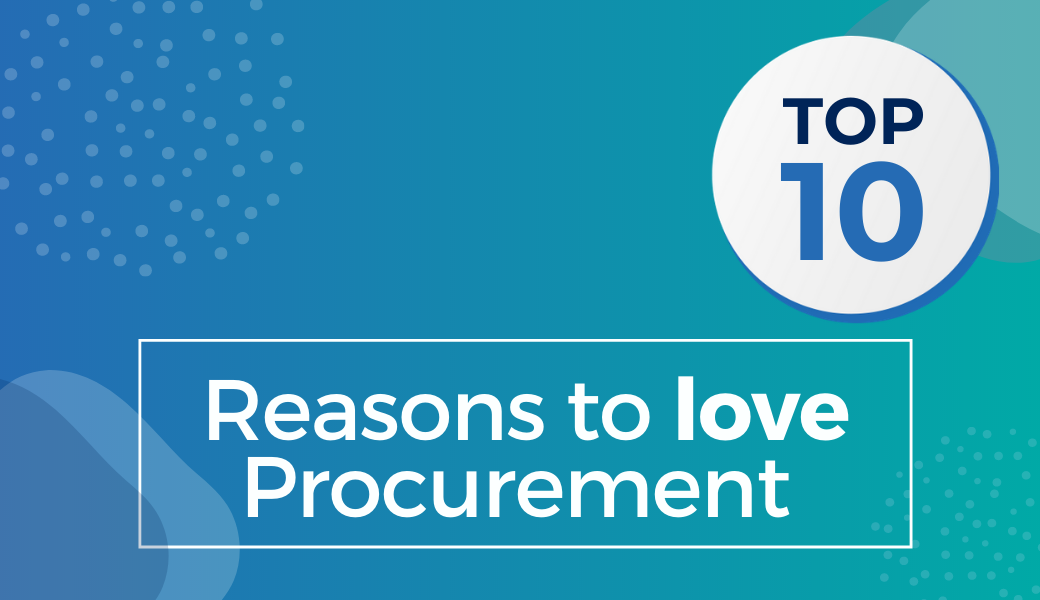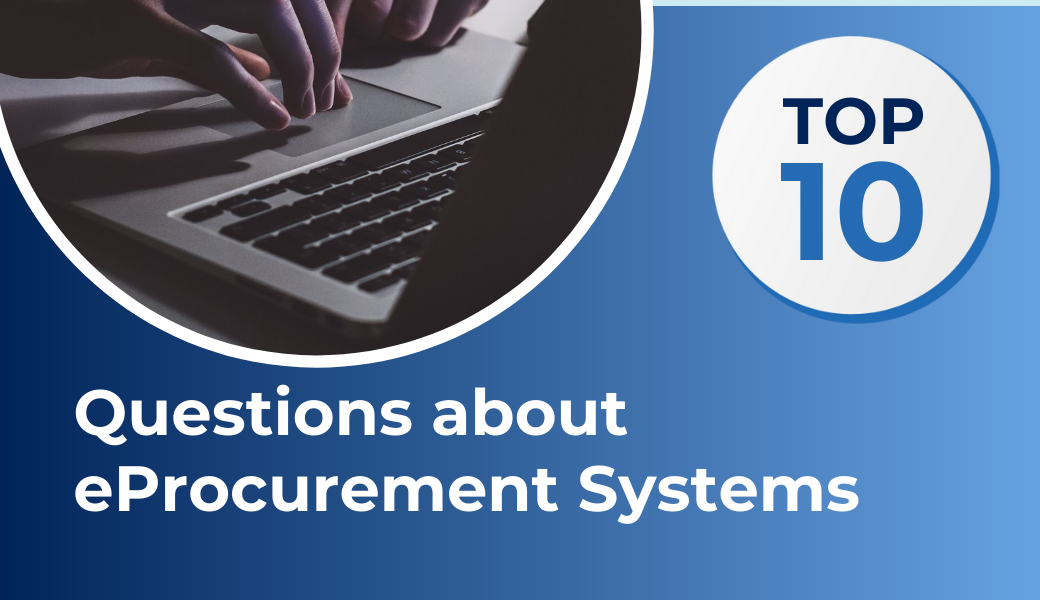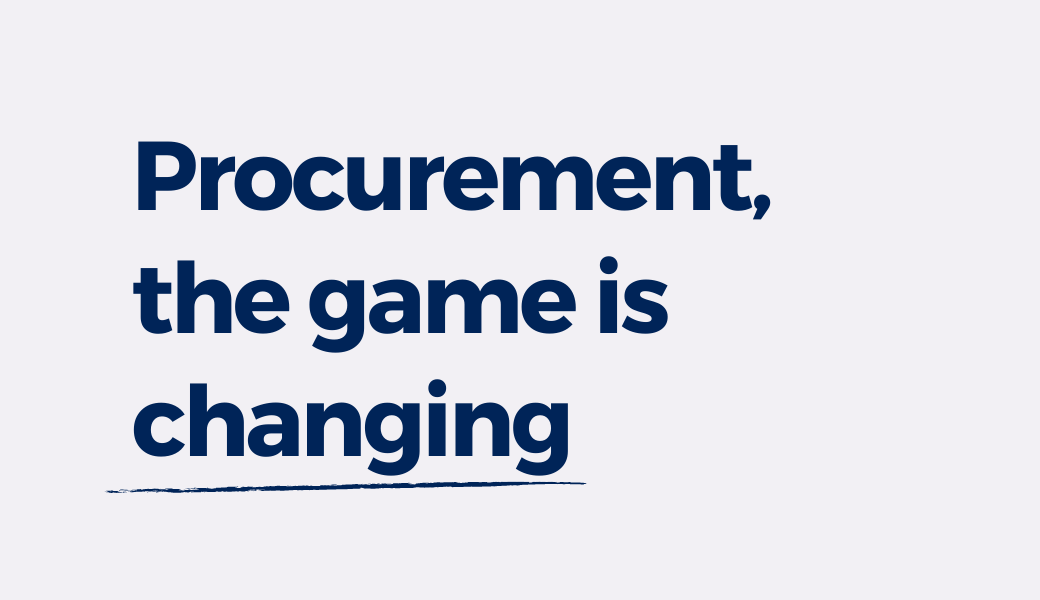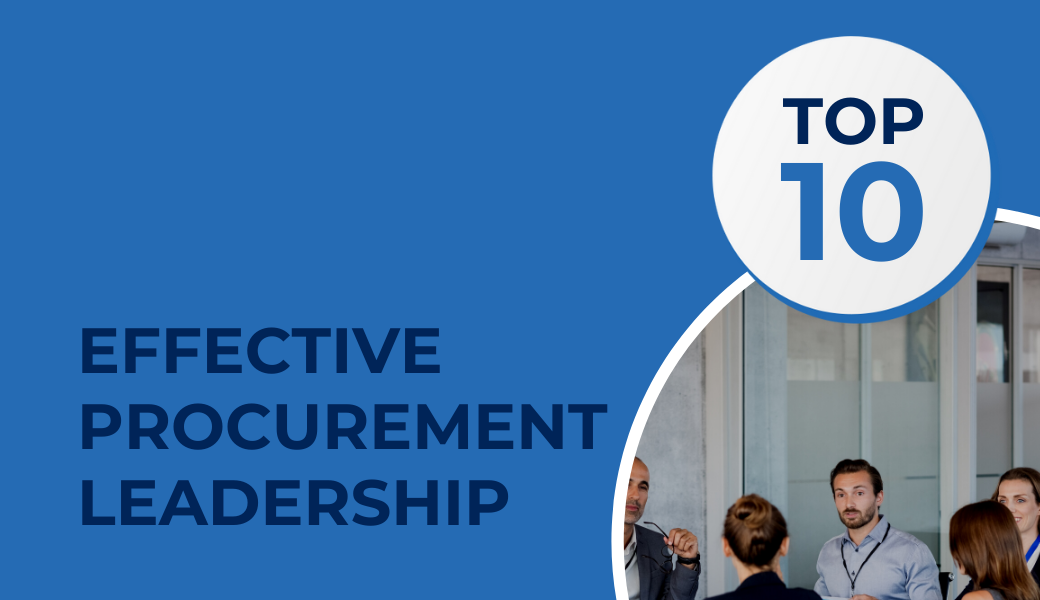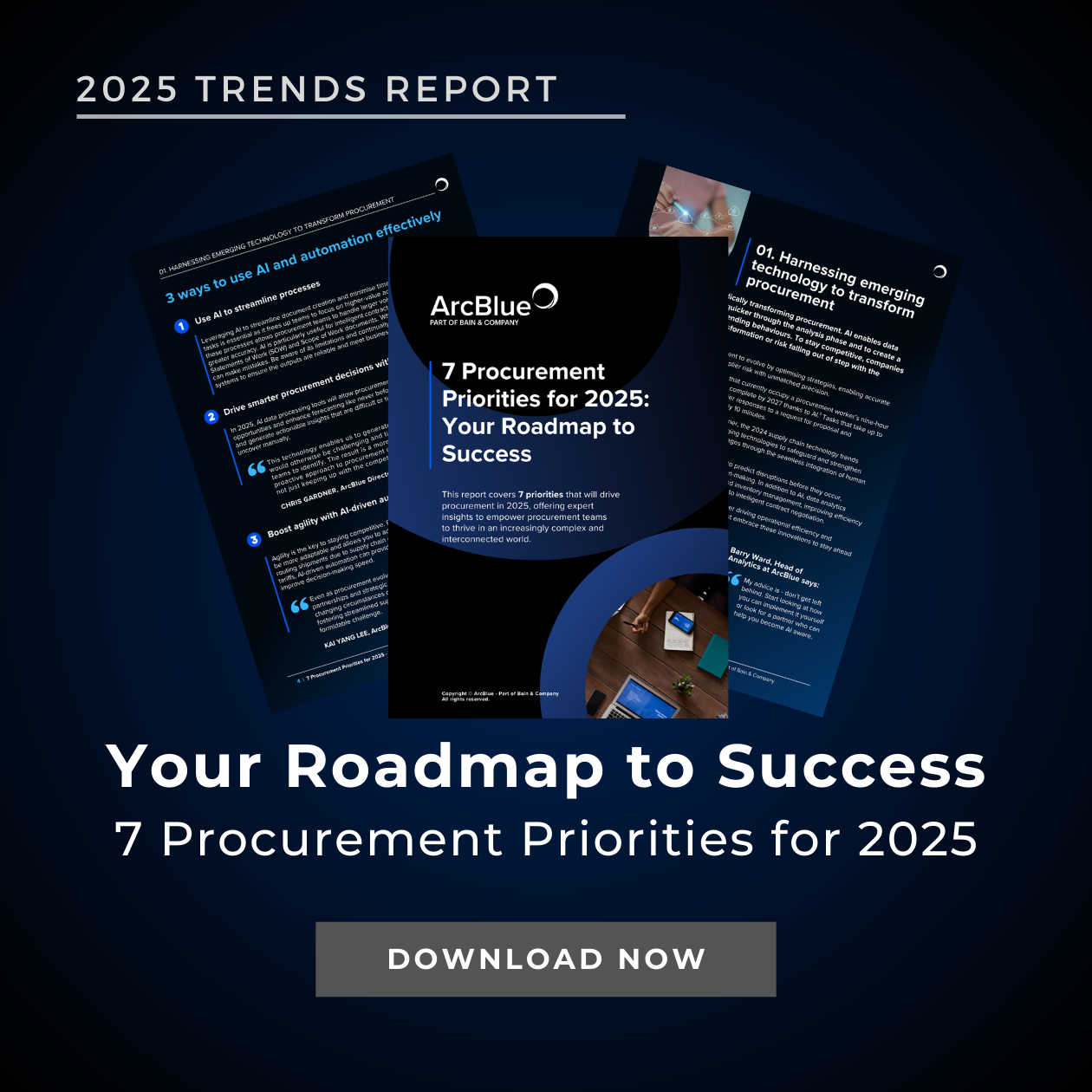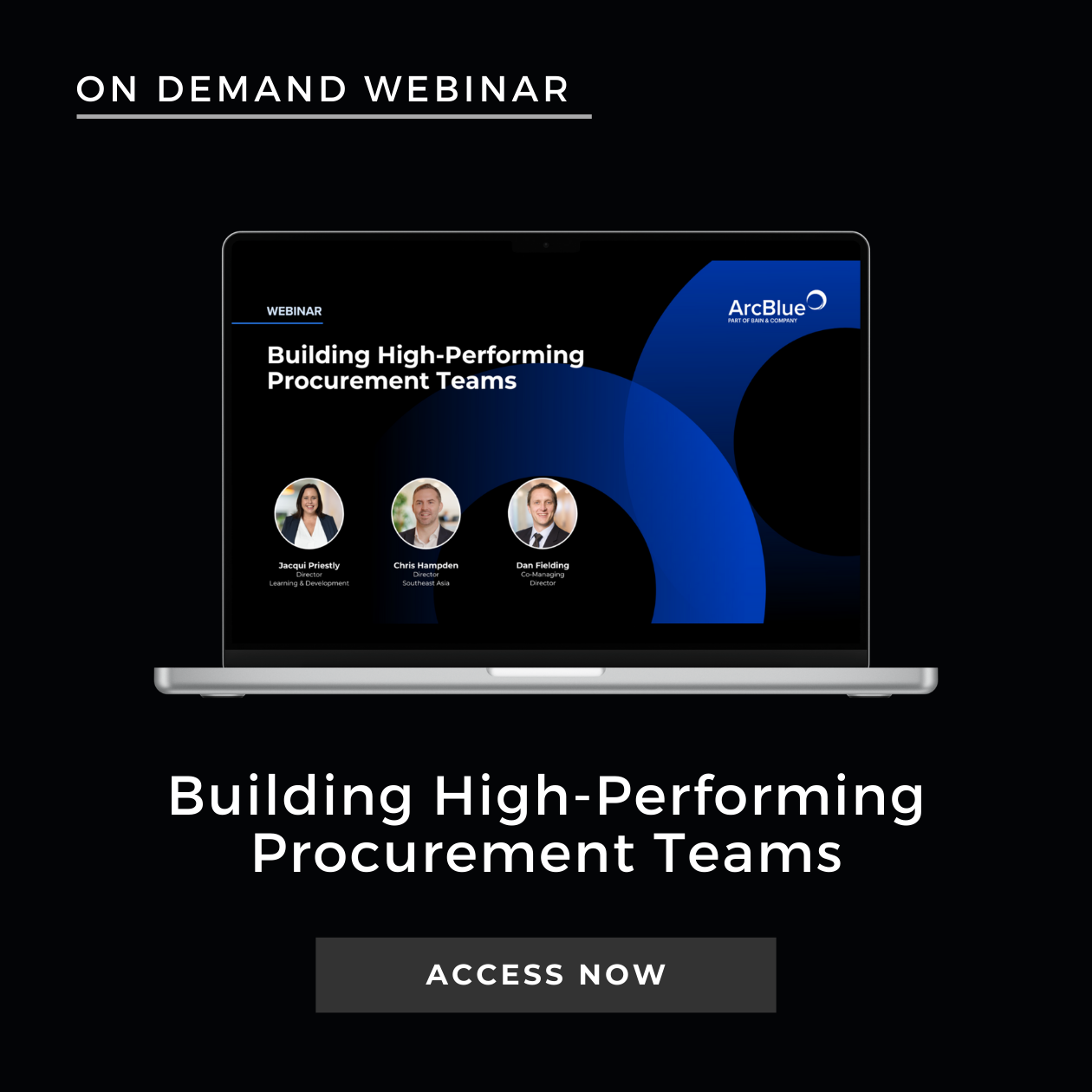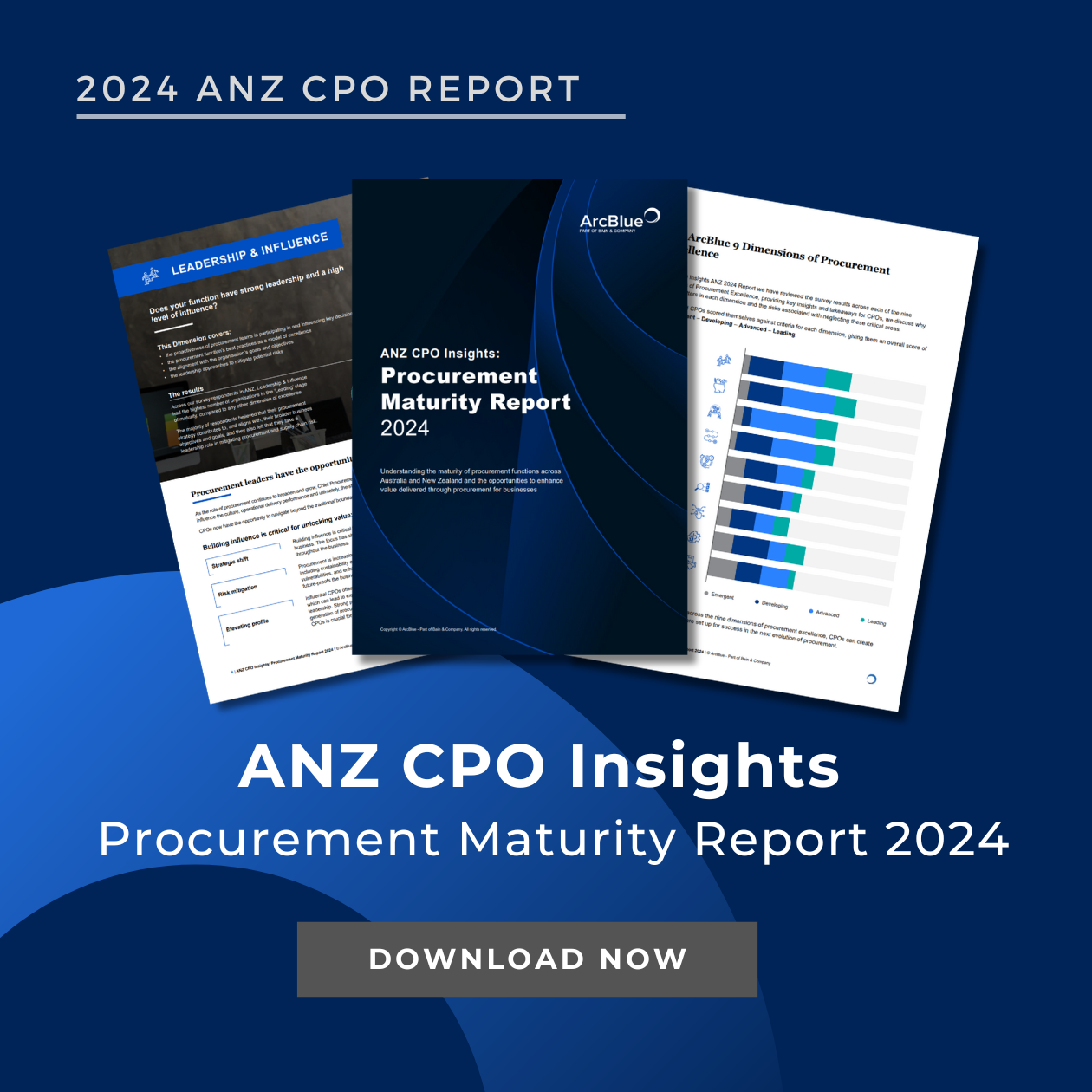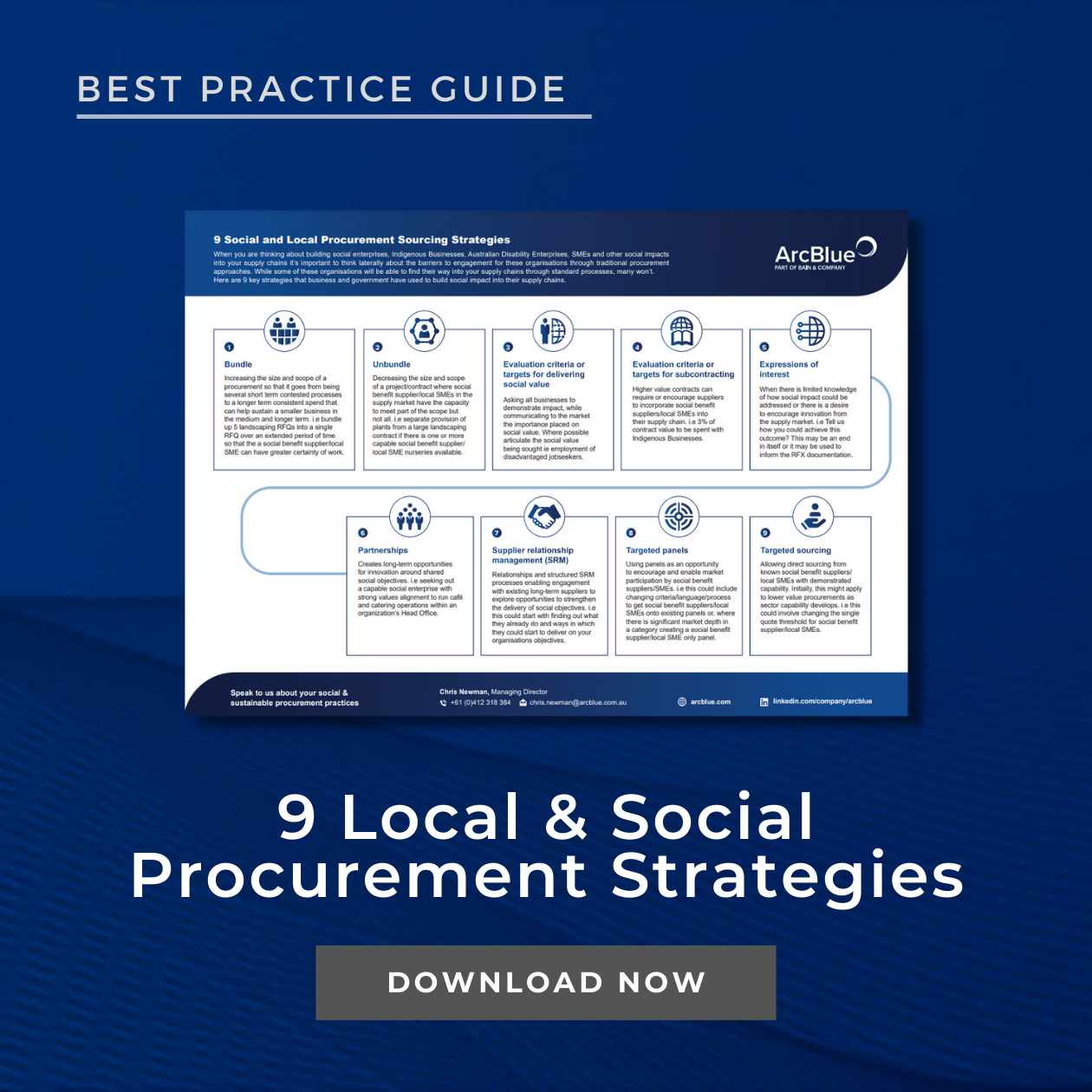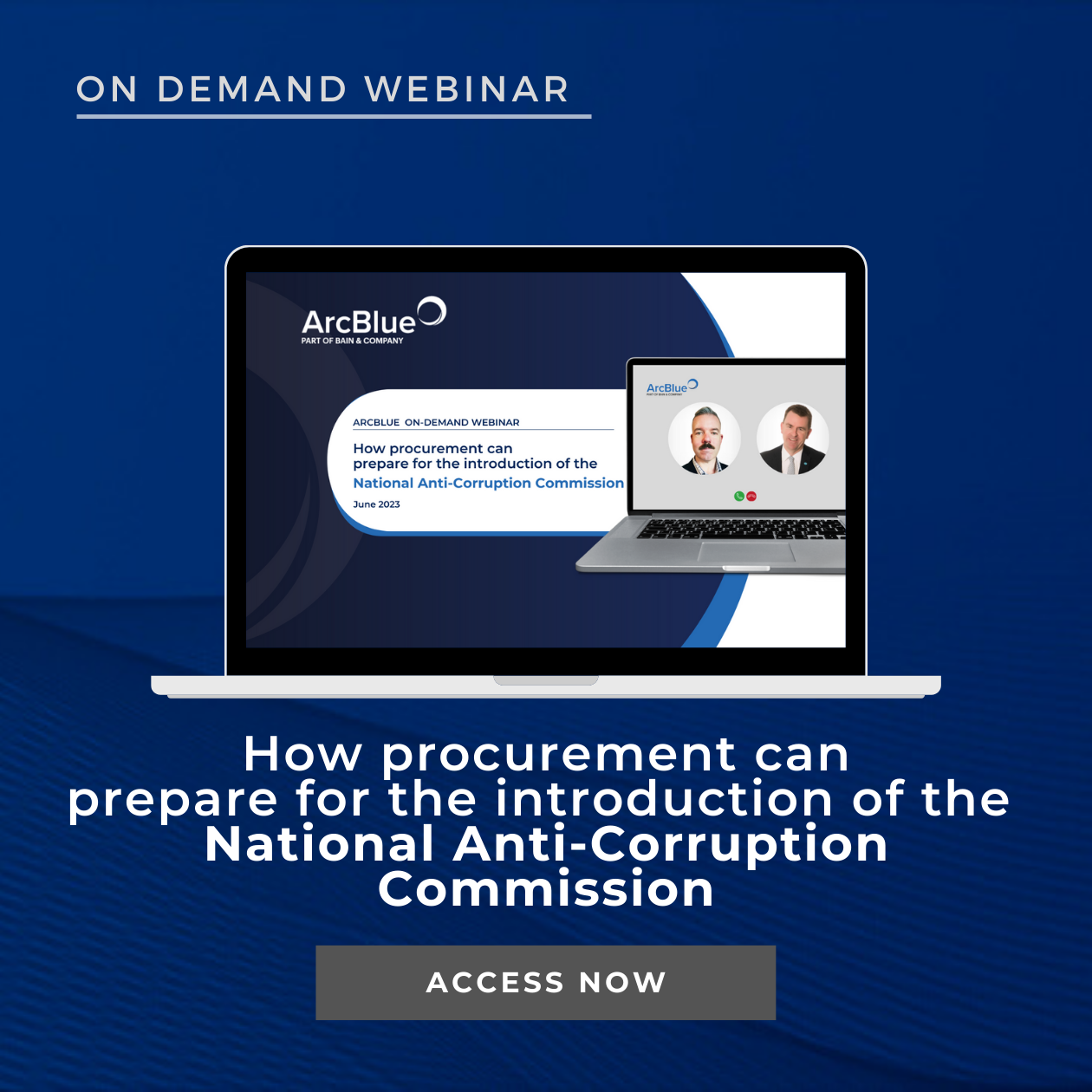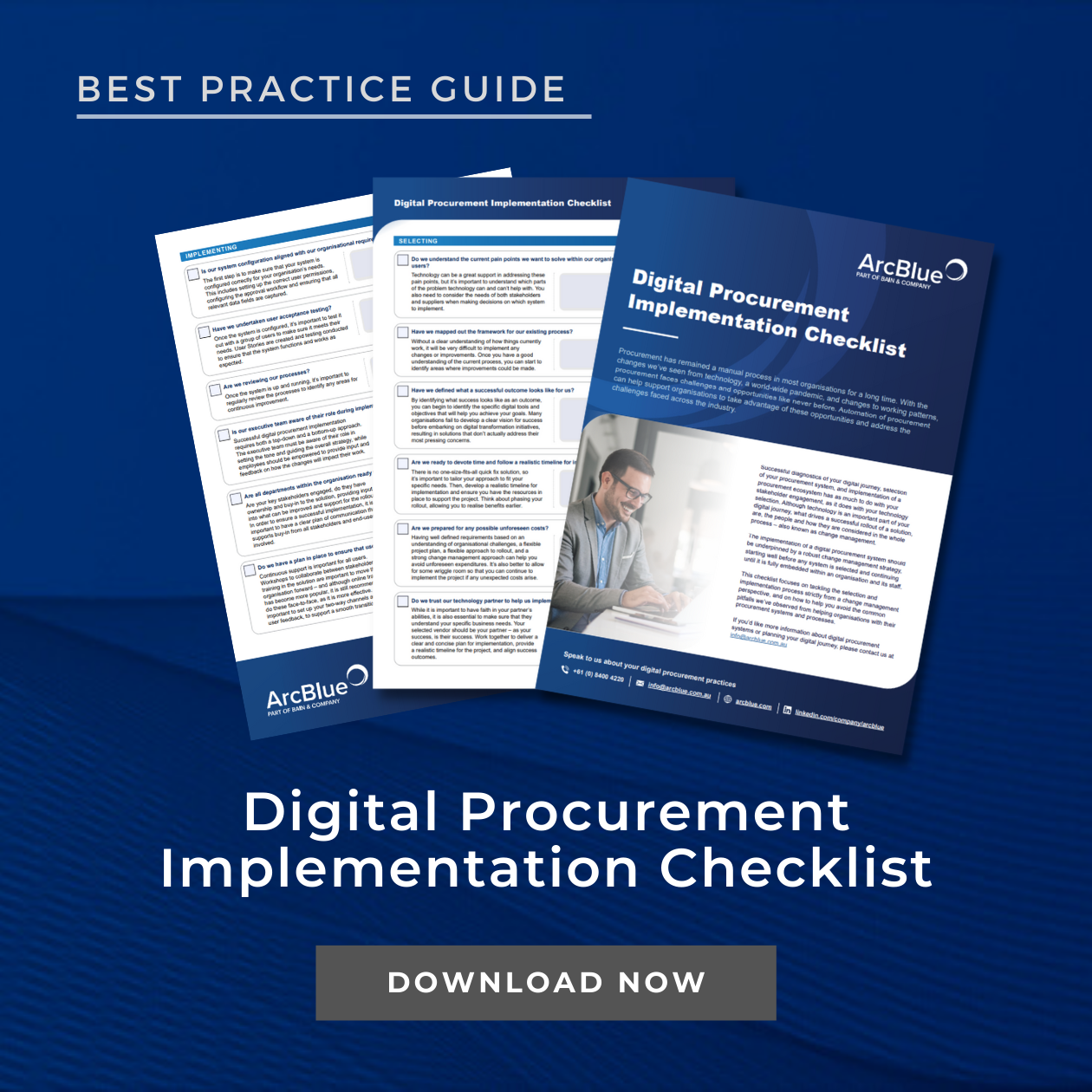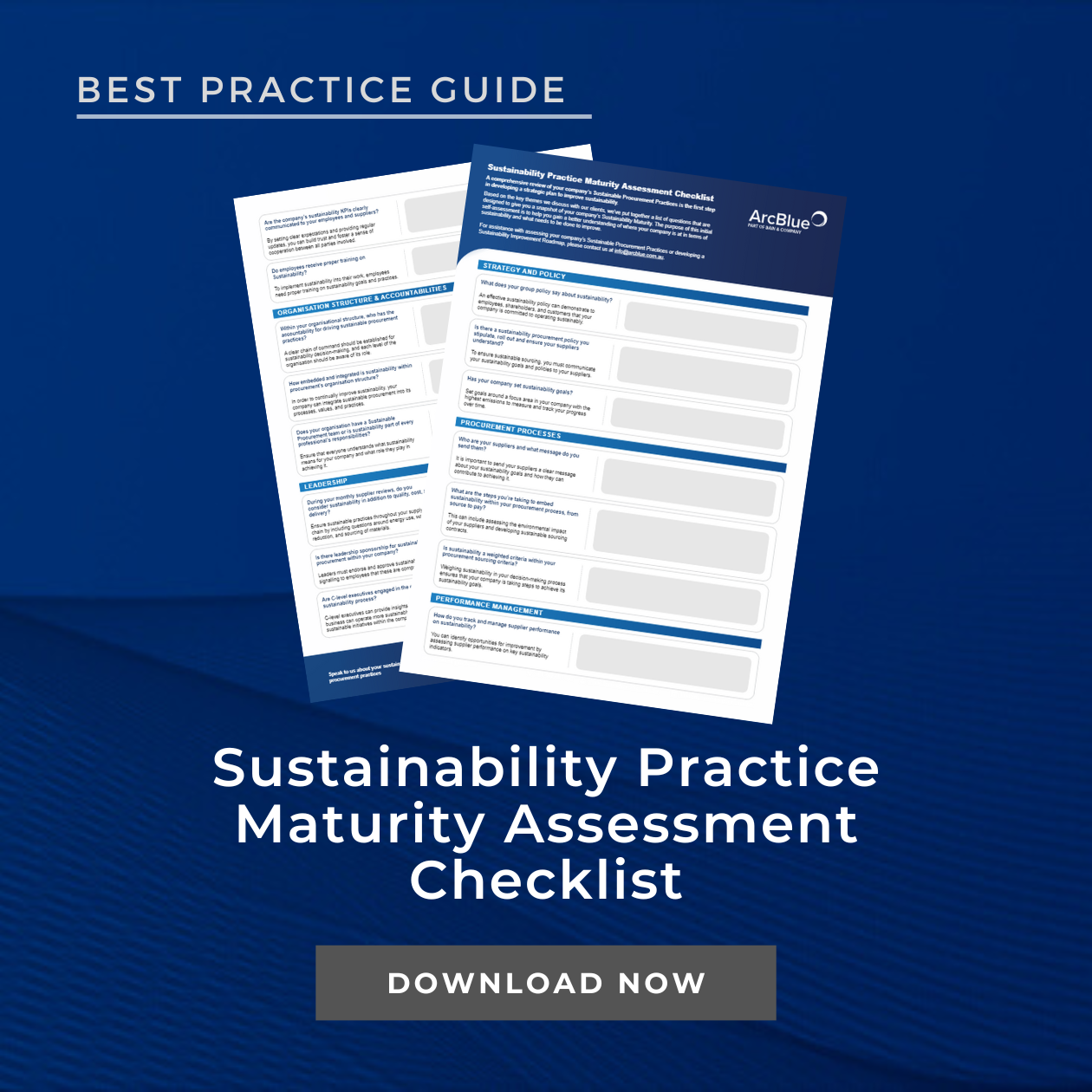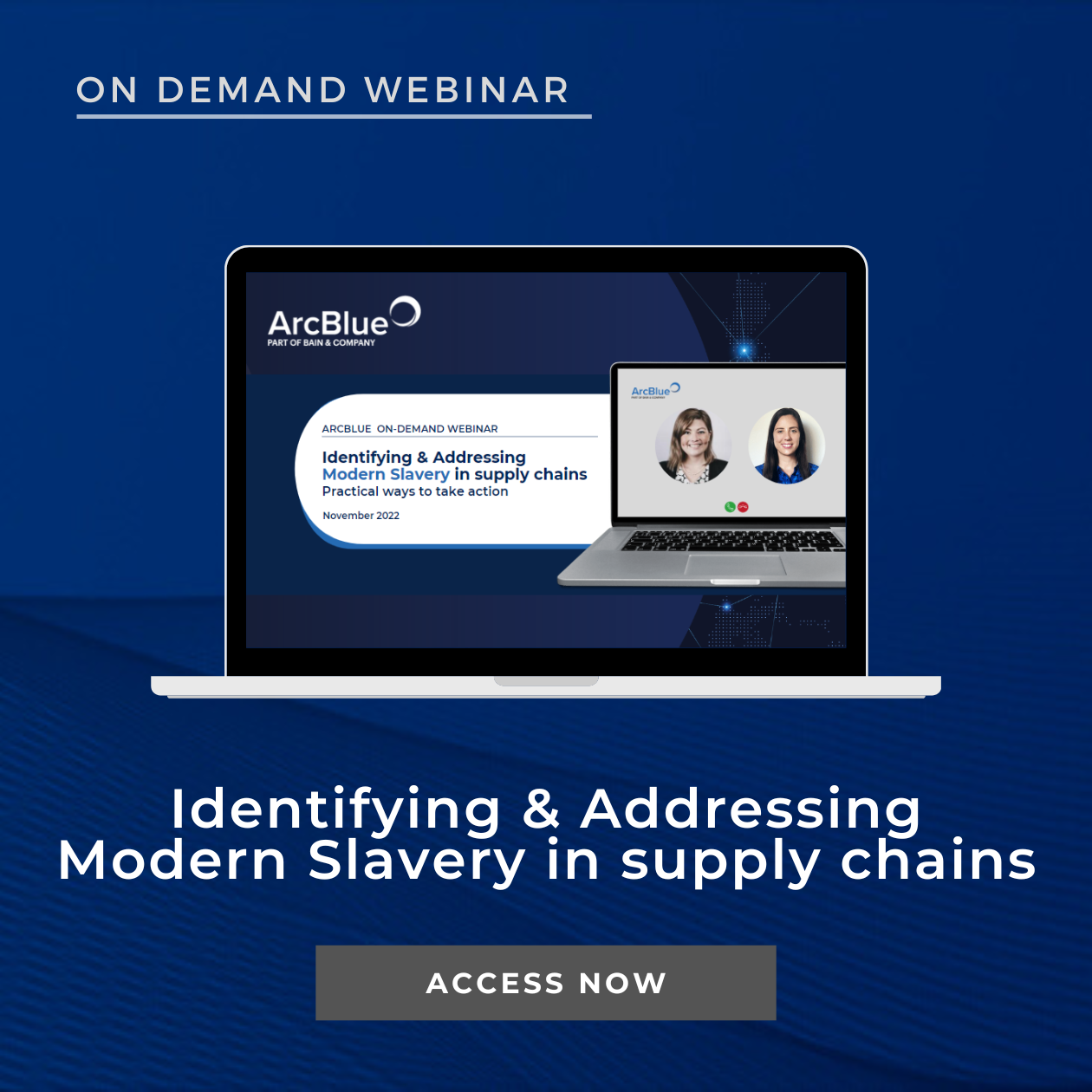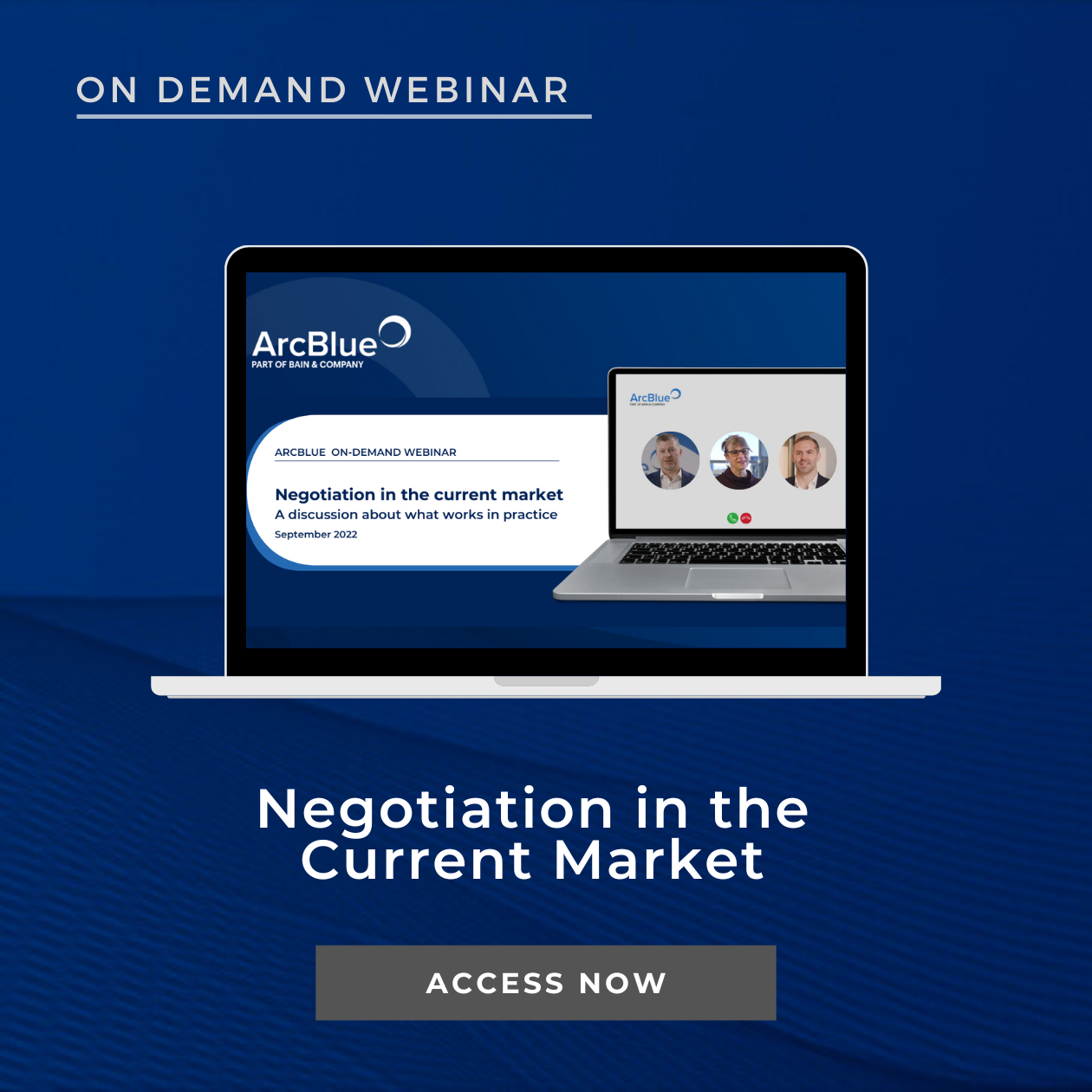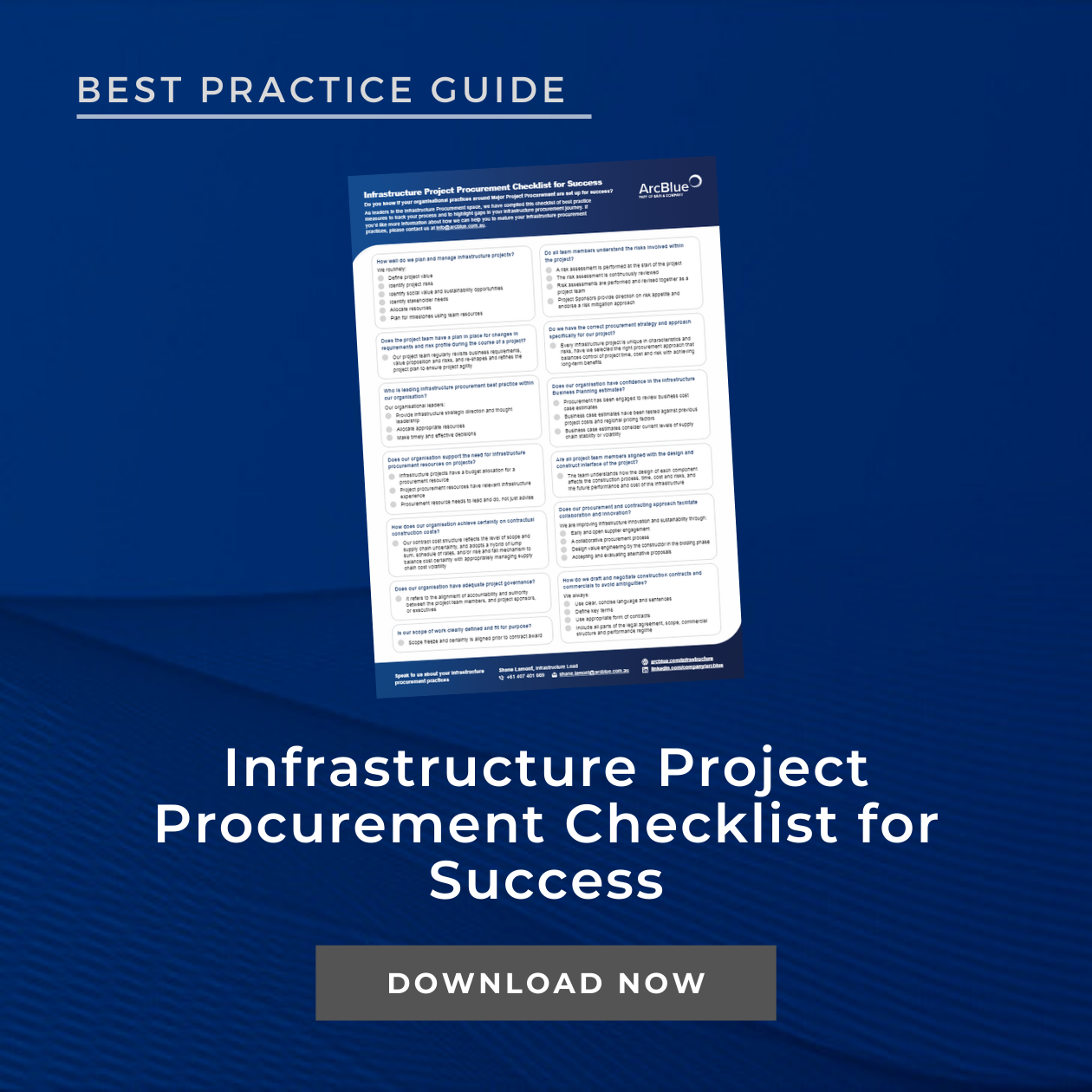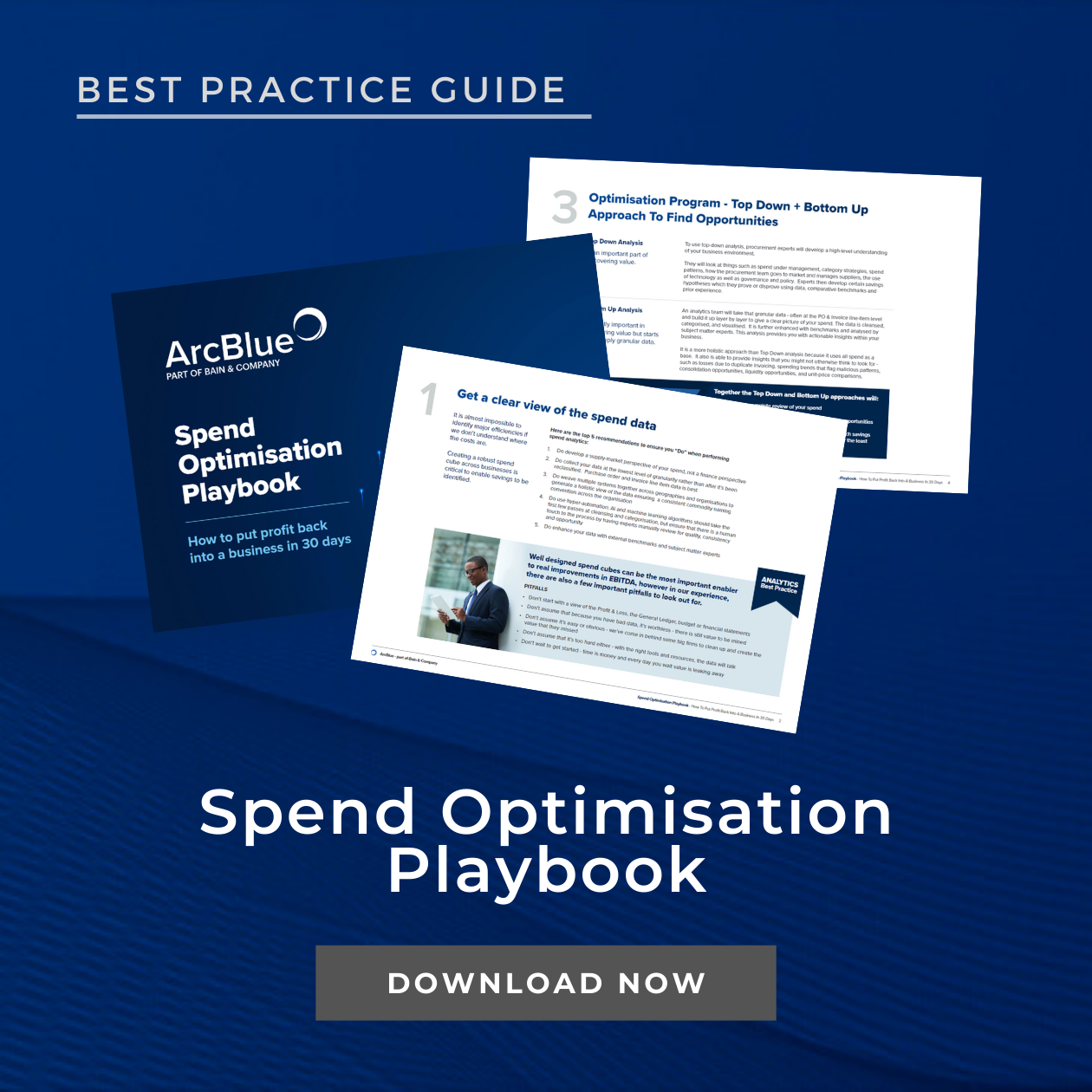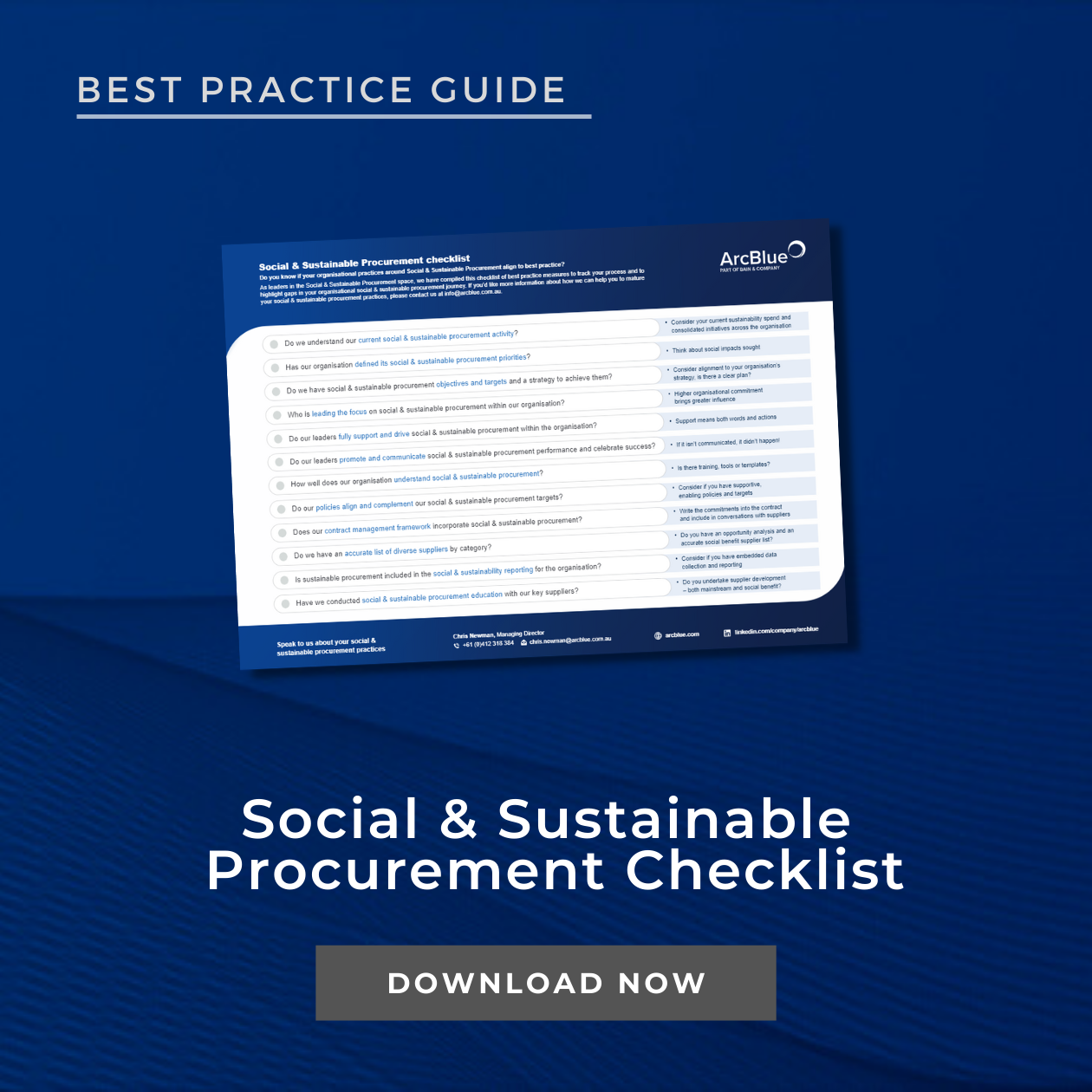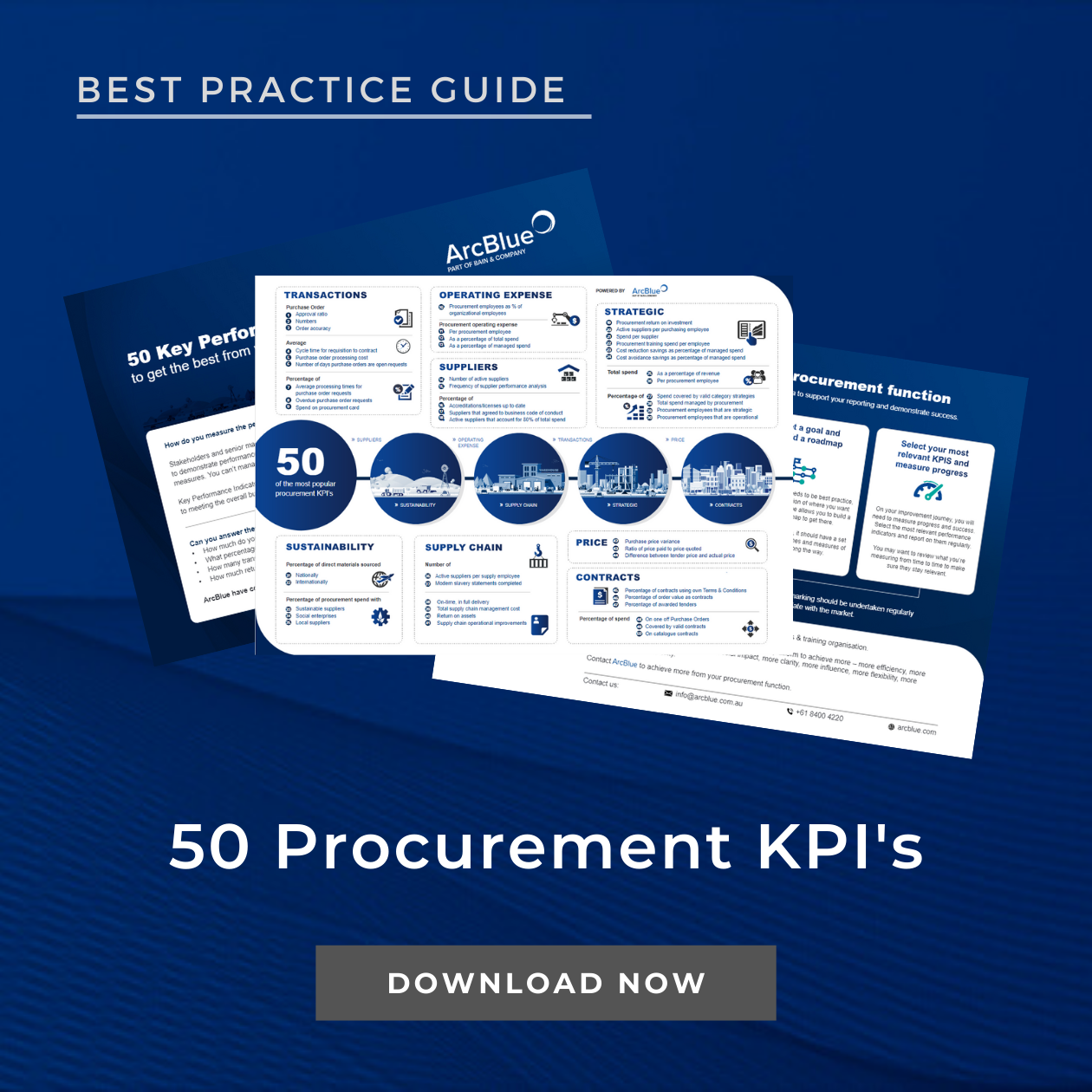- ARTICLE
Building Inclusive Economies through Social Procurement
May 2024
Related Services
Understanding Inclusive Employment
Inclusive Employment refers to a proactive approach aimed at addressing barriers to work. It involves adjusting workplace practices, policies, and culture to better support sustainable employment for individuals facing challenges.
Social procurement plays a crucial role in fostering inclusive economies. As a buyer, your purchasing decisions can directly impact employment outcomes and business growth for those who have encountered obstacles to full economic participation. By purposefully seeking value beyond mere transactions, you contribute to creating opportunities for a wider group of individuals.

Stimulating Economic Growth – The Ripple Effect
Increasing inclusive employment has broader implications for economic growth. When employment opportunities are distributed fairly across society, it stimulates economic activity. This, in turn, leads to greater productivity, higher incomes, and increased purchasing power.
Moreover, the impact of inclusive employment extends beyond the individual. When a formerly unemployed person secures a job, the positive effects ripple through their family and wider community, reinforcing the foundation of inclusive growth.
By promoting inclusive employment practices, organisations contribute not only to their own success but also to the well-being of society as a whole.
Who are the target groups for Inclusion?
There are many reasons people may face barriers to work or to economically succeed. Groups that are not fairly represented in the workplace can vary according to context and location but can include:
- Indigenous people
- People with a disability
- Young people at risk of disengaging with work and/or education
- Mature people (50+)
- New migrants and refugees
- Long term unemployed people (6 months+)
- Women in non-traditional roles.
During the COVID pandemic, more young people and women lost work than other groups and they have also faced greater barriers getting back into the workforce.

Being inclusive is good for Business too
Inclusive workplaces are not just a moral imperative but also a strategic advantage for businesses. Embracing inclusivity within teams fosters a diversity of perspectives, innovative solutions, and a breadth of thinking that can drive organisational success.
Inclusivity empowers employees to bring their complete identities to their roles, creating a sense of safety and belonging. This has a profound effect on workplace culture, enhancing staff retention and overall wellbeing. An inclusive environment is characterised by its ability to respect and value the unique contributions of all its members, thereby enriching the corporate ethos.
Contemporary international research indicates a shift in workforce priorities, with inclusivity becoming a decisive factor in employment decisions. Job seekers are increasingly drawn to organisations that resonate with their personal values. The expectation for employers to commit to sustainability and inclusivity is growing, with potential employees scrutinising these aspects when considering their career options.
Organisations that prioritise inclusivity not only stand to improve their internal dynamics but also position themselves attractively in the competitive job market.
An Australian study by the Diversity Council of Australia1 supported international findings and also reported on Australian attitudes to inclusion and the benefits for employees. Some of the key takeaways include:
- 3 out of 4 Australian workers support or strongly support their organisation taking action to create a workplace which is diverse and inclusive.
- If you work in an inclusive team, you are:
- 10 times more likely to be highly effective than workers in non-inclusive teams
- 9 times more likely to innovate
- 5 times more likely to provide excellent customer/client service
- 19 times more likely to be very satisfied with your job than workers in non-inclusive teams
- 4 times more likely to stay with your current employer
- 2 times more likely to receive regular career development opportunities.
Advice for organisations wanting to focus on Inclusive Employment:
Assess your current workforce composition
Understand your current workforce population before setting your inclusivity goals. Introduce robust reporting mechanisms to stay accountable and support your growth as an inclusive organisation.
Put it in your corporate strategy
If you are committed to an inclusive workforce then it needs to be in your corporate strategy. It’s important that the strategy is produced and implemented by your leadership team, and is communicated regularly across your organisation.
Make champions across your business
Once your updated Corporate Strategy has been rolled out, you’ll need champions throughout your business. When people feel ownership over the strategy, they will believe in it and start to live it’s values.
Take a look at your recruitment practices
Look carefully at if you are excluding people through your recruitment practices, and how you can change those recruitment practices. Often, hiring managers will include a longlist of every ideal experience level, qualification and character trait, which is unrealistic for someone trying to enter or re-enter the job market. Filter your requirements to what you actually need versus the nice-to-have’s.
Enhance your Employee Value Proposition (EVP)
Do you know what your Employee Value Proposition is? Crafting your EVP requires you to look carefully at the tangible and intangible reasons that people love to work at your organisation. You should look at the pathways into and through your organisation, values, employee benefits, inclusion and culture. Once you have your EVP – make sure your team can tell that story. Involve your HR, recruitment and marketing teams to find ways to convey your value proposition and inclusivity to potential employees.
Focus on your workplace culture
It is really important to look at culture and a really great starting point could be initiating Indigenous cultural awareness training, disability awareness training or mental health first aid training. However, culture change is more than training – it’s a commitment to a change process that needs to be embedded into policy and practice.
How can ArcBlue help?
At ArcBlue, we look at the inclusive employment maturity of an organisation first – because it’s not just about how people recruit, it is a systemic piece within the organisation that generally requires a culture change.
When we work with organisations we look at what their strategic goals are and how that can best align with their inclusivity goals. We look at leadership and communication, policy and practice, recruitment and HR, and accountability and reporting – as well as offering inclusive employment solutions.
ArcBlue supports organisations to develop their social procurement capability. This means increasing inclusive growth through purchasing, through social enterprises and aboriginal businesses, and also how you can generate more inclusive outcomes through your procurement.
ArcBlue also supports organisations to develop their Social Procurement capability. This means increasing inclusive growth through purchasing, through social enterprises and Aboriginal businesses, and also how you can generate more inclusive outcomes through your procurement.
INSIGHTS
RESOURCES & DOWNLOADS









